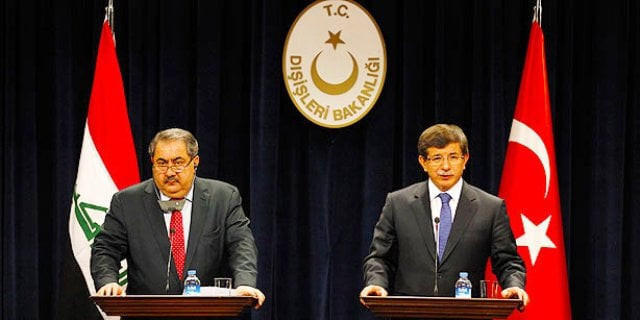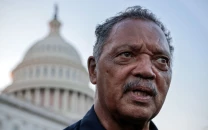Iraq-Turkey: Iraq calls Turkey 'hostile state' as relations dim
Maliki accused Turkey of trying to establish "hegemony" in the region.

Maliki was responding to comments made by Turkish Prime Minister Tayyip Erdogan on Thursday in which Erdogan accused the Iraqi leader of fanning tensions between the country's Shiites, Sunnis and Kurds with his "self-centered" ways.
"The recent announcements by Mr. Erdogan represent another return to flagrant interference in Iraqi internal affairs," Maliki said in a statement on his website.
"His announcements have a sectarian dimension. To insist on continuing these internal and regional policies will harm Turkish interests and make it a hostile state for all."
Maliki accused Turkey of trying to establish "hegemony" in the region.
Sectarian tensions flared in Iraq in December when the Shiite-led government tried to remove Sunni Deputy Prime Minister Saleh al-Mutlaq and sought an arrest warrant for Sunni Vice President Tareq al-Hashemi on charges he ran death squads.
Erdogan made his comments on Thursday after a meeting in Istanbul with Masoud Barzani, president of Iraq's semi-autonomous Kurdish region, who has cultivated close relations with Ankara. WORRIES OF WIDER CONFLICT
"(Maliki's) self-centered ways ... are seriously disturbing Shiite groups, Barzani and Iraqi groups," Erdogan said.
Erdogan has warned before that Turkey, which is mainly Sunni but officially secular, would not remain silent if a sectarian conflict were to erupt in Iraq.
The city of Kirkuk is at the center of a dispute between the central government and the Kurdish region, which claims the city and the region's rich oil reserves.
The rift between Baghdad and the Kurds recently worsened when the Kurdistan Regional Government said it was halting oil exports because the central government was not paying oil firms operating in the north.
Turkey is worried that the violence in Syria and growing tensions in Iraq could lead to a wider conflict between Shiite and Sunni Muslims in the region.
Iraq is Turkey's second largest trading partner after Germany, with trade reaching $12 billion last year, more than half of which was with the Kurdistan region.



















COMMENTS
Comments are moderated and generally will be posted if they are on-topic and not abusive.
For more information, please see our Comments FAQ